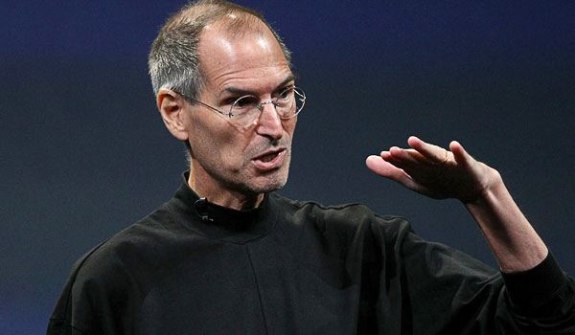After months and months of waiting, Samsung has finally announced that its Galaxy S II Android phone will be coming to North America. AT&T and Sprint will be getting the phone in September, while T-Mobile’s version will be arriving at a later date. All three versions of the phone will be running Android 2.3.4 (Gingerbread) with Samsung TouchWiz, have 16GB of internal memory, have an eight-megapixel rear-camera, and sport a two-megapixel front-facing camera. There are some distinct differences between the three models. Cue the Degeneration X music as I break it down!
AT&T: This model is closest to the international version. It sports a 4.3-inch Super AMOLED Plus screen and a 1.2GHz dual-core Exynos processor, which is currently the most powerful mobile phone processor on the market. It’s using the Samsung Galaxy S II name and will be available in September.
Sprint: Dubbed the Samsung Epic Touch 4G, Sprint’s version of the Galaxy S II features a larger 4.52-inch screen, a larger batter, and a WiMax radio. It will be the first Galaxy S II out of the gate, hitting on September 16, 2011.
T-Mobile: Few details were revealed about the Samsung Galaxy S II for T-Mobile. Most experts believe that it will be hitting later than its counterparts and previous rumors pointed to an October release. There’s also a chance that it will not feature an Exynos processor. The word on the street is that this version will go with a Qualcomm Snapdragon dual-core chip in order to be compatible with a modem that works with T-Mo’s HSPA+ 42 network. If that’s true then it will be interesting to see if consumers will be willing to sacrifice processing power for faster connectivity.
There’s no doubt that all three American Galaxy S II models will be excellent phones that sell well, but are they arriving too late? When the global version of the Galaxy S II went on sale in May 2011, it was unmatched and remained that way for the entire summer. September and October releases have a lot more competition, including the iPhone 5 and the (rumored) Nexus Prime. Hell, as I’m typing this there are a bunch of great phones being unveiled at the IFA 2011 trade show, some of which will be available before the end of the year and outperform the Galaxy S II.
My friend Shacknews Garnett and I were debating about this topic. We both believe that the phone would have killed in America if it were released in the summer. He blamed Samsung for bungling the launch. I believe that the stupid way the U.S. market works is to blame. The carriers want their own special flavor of the Galaxy S II and need time to ensure that their bloatware works on their custom model. Samsung is all about getting its flagship phone on as many carriers as possible, so it had no choice but to wait until the American carriers got their crap together.
Please let me know what you think about the American Galaxy S II line. Any guesses on the T-Mobile holdup? Do you think the phone is arriving in the U.S. too late? Is it Samsung’s fault or is it just playing the game it has to play in order to sell in America?






